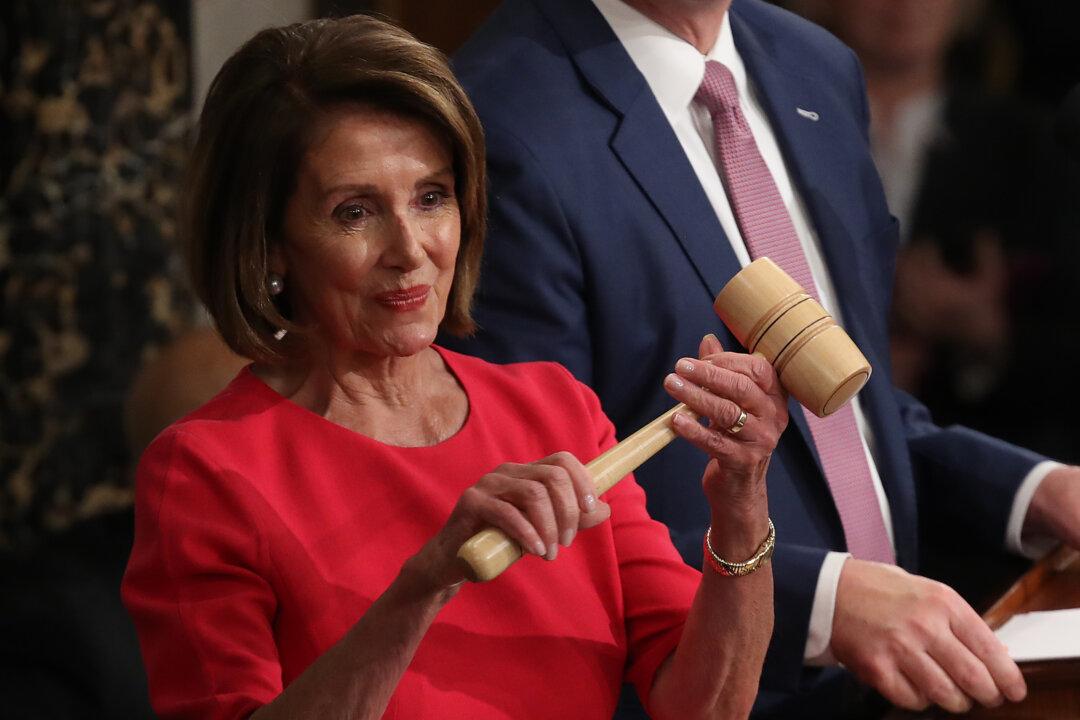Closely guarded talks are taking place seeking a coalition in the 117th Congress to oust Nancy Pelosi (D-Calif.) as speaker of the House. Meetings are being held among House Republicans and 10 Democrats who voted against Pelosi becoming speaker in 2019.
“A serious effort is underway to prevent Pelosi from becoming speaker, backed by the GOP and Democrats who are disturbed by their party’s embrace of extreme rhetoric and policies like ‘defund the police,’” The Epoch Times was told on Dec. 30 by a veteran senior congressional aide who advises multiple members of Congress.





